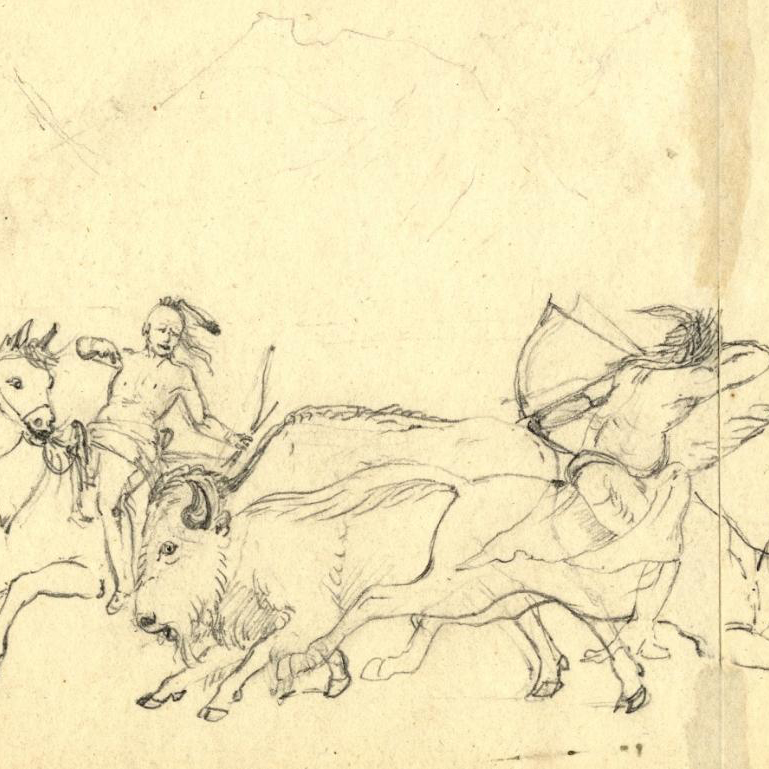Horses and Humans in the Americas: Archaeology and Indigenous Horse Use from the North American West to Argentina
Juan Bautista Belardi, Emily Lena Jones and William Taylor

Thursday, October 22, 2020 | 03:30 pm
Virtual
bit.ly/3kyI798
About:
After their introduction by the Spanish after 1492 CE, horses, mules, and donkeys flourished throughout the Americas and were widely adopted by Indigenous peoples. Our collaborative research uses a combination of ethnoarchaeology, collections-based zooarchaeological research, and archaeological science to understand how, when, and why this process took place. In this interactive panel discussion we will explore what we know about horses and people in western North America and in Argentina, what changes the its introduction brought, the methods we have developed for answering questions about the use of the horse by Indigenous societies, and some of our preliminary results.
Juan Bautista Belardi is Professor of Archaeology at the Universidad Nacional de la Patagonia Austral, Argentina. He is a CONICET researcher who studies hunter-gatherers. His main areas of interest relate to the tempo and mode of the peopling of Southern Patagonia, and landscape use through distributional analysis focused on lithic technology and archaeofaunas.
Emily Lena Jones is Associate Professor of Anthropology and a faculty affiliate of the Latin American and Iberian Institute at the University of New Mexico, Albuquerque, New Mexico, USA. She is a zooarchaeologist who studies human-animal relationships in a variety of times and places, including Paleolithic Iberia and the pre-Hispanic and Spanish Colonial American Southwest/Mexican Northwest.
William Taylor is Assistant Professor and Curator of Archaeology at the University of Colorado Museum of Natural History in Boulder, CO, USA. He is a zooarchaeologist specialized in the study of animal domestication, with a particular focus on horses and their impact on human societies around the globe, from the Eurasian Steppes to the Pampas and the Great Plains.
Notes:
This lecture is free and open to the public. Individuals of all abilities are encouraged to attend LAII-sponsored events. If you are a person with a disability who requires a reasonable accommodation in order to participate in one of our events, please visit laii.unm.edu/events/accessibility.html. You can find more information on available accommodations on the UNM Accessibility Resource Center website. For more information, visit laii.unm.edu or contact laiioutreach@unm.edu.
